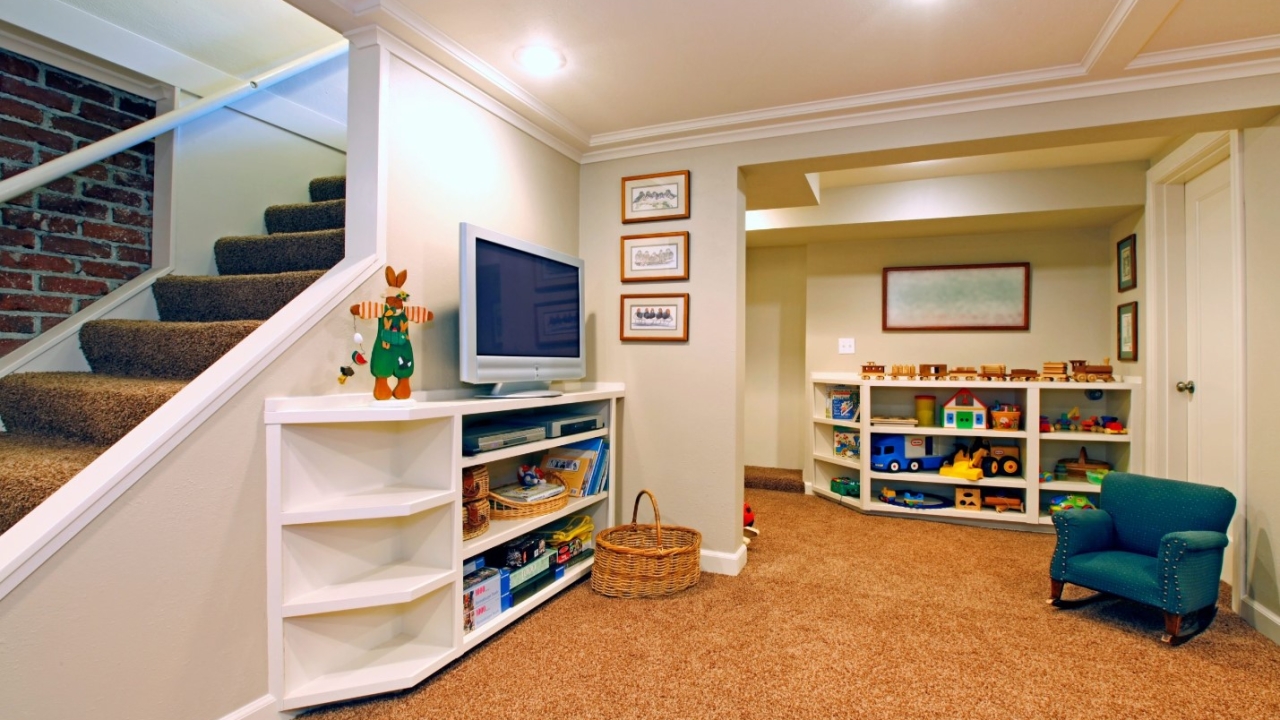Damp Basements Can Attract Trouble: Understanding and Dealing with Moisture Issues
Posted on 30 September, 2023 by Damp basements can attract

Introduction
Damp basements are a common issue faced by homeowners around the world. While they might seem harmless at first glance, the presence of excess moisture in your basement can lead to a wide range of problems, from structural damage to health hazards. In this comprehensive guide, we will delve into the perplexing world of damp basements, exploring their causes, consequences, and effective solutions.
What Causes Damp Basements?
Damp basements can attract to various factors, including:
1. Poor Waterproofing
Insufficient waterproofing during construction can allow water to seep into your basement through cracks and gaps in the foundation.
2. Inadequate Drainage
Improper drainage systems around your home can lead to water pooling around the foundation, increasing the risk of basement dampness.
Recognizing the Signs
Before we dive deeper into the problem, let's identify some common signs of a damp basement:
1. Musty Odor
A damp basement often emits a musty, unpleasant odor due to the growth of mold and mildew.
2. Visible Moisture
Water stains or damp patches on walls and floors are clear indicators of moisture issues.
The Consequences of Damp Basements
Structural Damage
Prolonged exposure to moisture can weaken the structural integrity of your home. This can result in cracks, sagging floors, and even foundation problems.
Health Hazards
Mold and mildew thrive in damp environments. Breathing in their spores can lead to respiratory problems and allergies.
Dealing with Damp Basements
1. Identify the Source
The first step in addressing dampness is to determine its source. This may involve a thorough inspection of your basement and the surrounding areas.
2. Waterproofing
Invest in professional waterproofing services to seal cracks and prevent water infiltration.
3. Improved Ventilation
Proper ventilation can reduce humidity levels in your basement, making it less conducive for mold growth.
4. Dehumidification
Using a dehumidifier can help maintain optimal humidity levels in your basement, preventing moisture-related issues.
Conclusion
In conclusion, damp basements are not something to be taken lightly. They can lead to a host of problems, both structural and health-related. However, with the right approach and professional assistance, you can effectively combat basement dampness and enjoy a dry, safe, and comfortable living space.
FAQs
1. Can I fix a damp basement myself?
While minor dampness issues can be addressed with DIY solutions, it's recommended to seek professional help for more severe cases to ensure long-term effectiveness.
2. How can I prevent basement dampness in the first place?
Properly maintaining your home's drainage systems, ensuring good ventilation, and regular inspections can help prevent basement dampness.
3. Is mold in a damp basement dangerous?
Yes, mold in a damp basement can be harmful to your health, especially if you have allergies or respiratory conditions. It's essential to address mold issues promptly.
4. What's the cost of waterproofing a basement?
The cost of waterproofing can vary widely depending on the extent of the problem and the chosen method. It's best to obtain quotes from reputable contractors.
5. Are there any long-term solutions to damp basements?
Yes, professional waterproofing and regular maintenance can provide long-term solutions to keep your basement dry and problem-free.
In this guide, we've shed light on the challenges posed by damp basements and provided practical solutions to help you maintain a dry and healthy living space. Don't let dampness ruin your home; take action today to safeguard your property and your family's well-being.